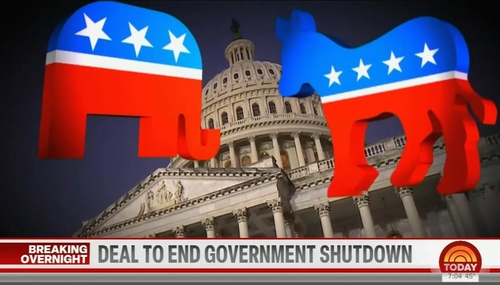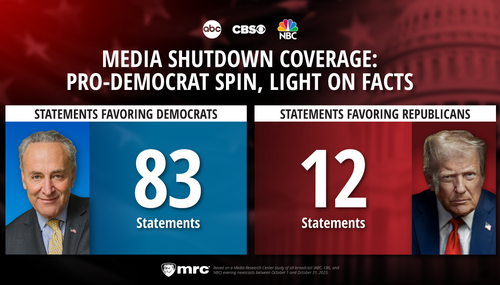Facebook is undertaking radical changes to protect American elections, from labeling state-controlled media to announcing free speech protections.
In recent weeks, Facebook has been walking a tightrope to keep both political sides happy in light of accelerating calls for regulation and other pressures to allow for free speech online as the 2020 election approaches.
Facebook recently launched its “News” tab, where news stories will be picked by human curators to be shown to Facebook’s users. Facebook has reportedly approved more than 200 sources, and Breitbart is among them, much to the ire of liberal news outlets.
Meanwhile, Facebook’s Newsroom released a blog “Helping to Protect the 2020 US Elections” on Oct. 21 about “several new measures” it intends to take “to help protect the democratic process” and provide an “update on initiatives already underway.”
One of these measures will be “Labeling State-Controlled Media,” which Facebook describes as its process of “labeling media outlets that are wholly or partially under the editorial control of their government as state-controlled media.”

In a video post in which Facebook CEO Mark Zuckerberg has an exclusive interview with Lester Holt, posted on Zuckerberg’s personal page Oct. 21, the social media head wrote, “We face ongoing threats from nation states but I’m confident we’re more prepared than ever because we’ve played a role in defending the integrity of many elections around the world.”
In the video, Zuckerberg told Holt, “[T]hese nation states intend to be active in the upcoming elections,” but “we’ve been able to proactively identify them and take them down.”
Another measure labelled “Combating Inauthentic Behavior,” a process through which Facebook would identify and remove coordinated election interference by fake social media accounts, has been well underway. Facebook reported it has had widespread success in dealing with this threat:
“This morning we removed four separate networks of accounts, Pages and Groups on Facebook and Instagram for engaging in coordinated inauthentic behavior. Three of them originated in Iran and one in Russia. They targeted the US, North Africa and Latin America.”
In a linked blog “How We Respond to Inauthentic Behavior on Our Platforms: Policy Update” released on the same day, Facebook staff described the process of “Foreign or Government Interference (FGI)” and cited two types of Coordinated Inauthentic Behavior by foreign governments that are “particularly egregious”:
-
“Foreign-led efforts to manipulate public debate in another country
-
“Operations run by a government to target its own citizens. These can be particularly concerning when they combine deceptive techniques with the real-world power of a state.”
“If we see any instances of [Coordinated Inauthentic Behavior] conducted on behalf of a government entity or by a foreign actor,” Facebook wrote, “we will apply the broadest enforcement measures including the removal of every on-platform property connected to the operation itself and the people and organizations behind it.” The blog also warned that Facebook would “announce the removal of this activity at the time of enforcement.”
While Facebook has combated state actors disguising themselves as nonpartisan news organizations, it is also going to ramp up its efforts to protect the account of legitimate political actors.
“Today, we’re launching Facebook Protect to further secure the accounts of elected officials, candidates, their staff and others who may be particularly vulnerable to targeting by hackers and foreign adversaries.”
Facebook Protect is a service that will help protect political organizations from being hacked. It is also supposed to stop hacks that are discovered from spreading further. Facebook wrote,“[I]f we discover an attack against one account, we can review and protect other accounts affiliated with that same organization that are enrolled in our program.”





